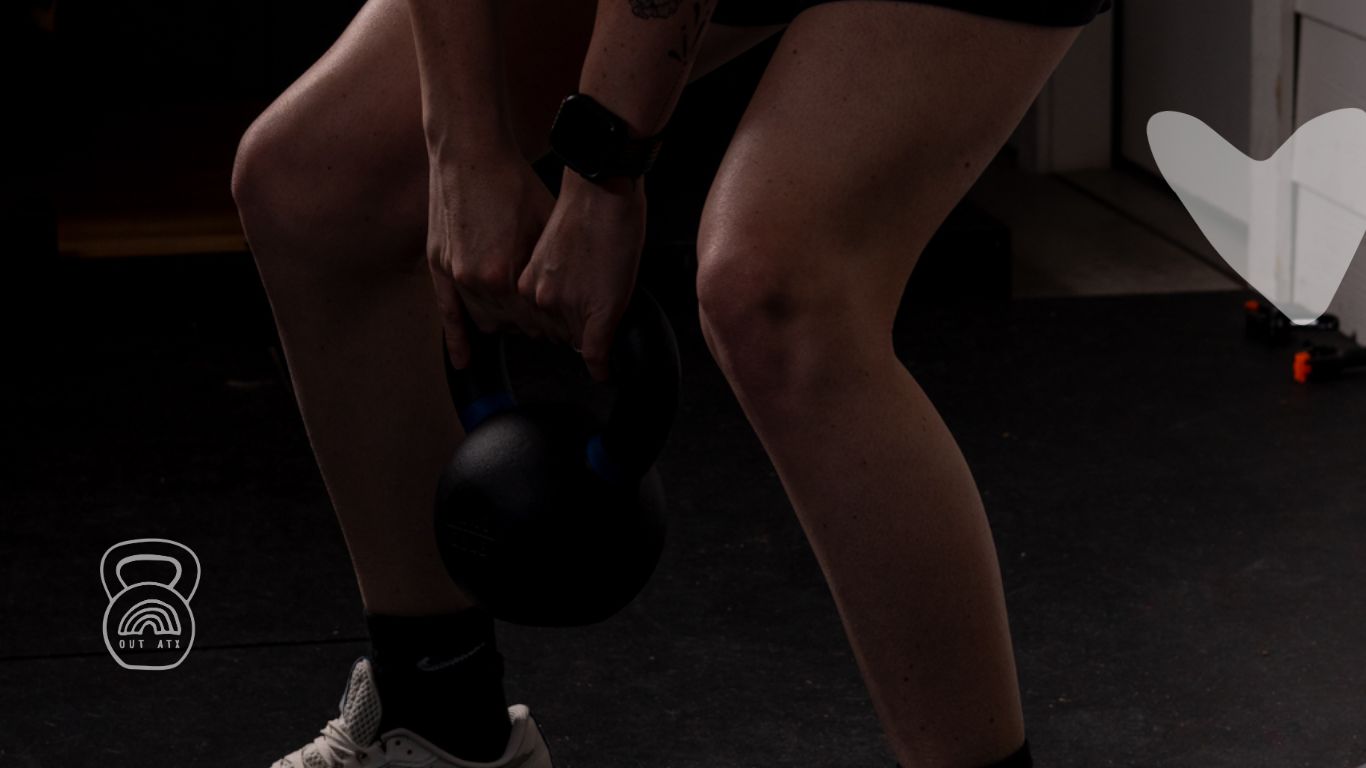If you don’t have time to read the whole article, here’s the one thing you should know.
♥ If you’re still experiencing pain, limited mobility, or difficulty with daily activities after finishing physical therapy, it could be a sign that you were discharged too early, and you may need additional care to fully recover. ♥
Physical Therapy (PT) is a crucial part of recovery for many individuals dealing with injuries, surgeries, or chronic pain. However, sometimes patients are discharged from PT before they’re fully ready, leading to unresolved issues or even setbacks. If you’ve recently completed a round of physical therapy but are still experiencing certain problems, it might be a sign that you were discharged too early.
You should still be in PT if you have:
1. Persistent Pain and Discomfort
One of the most obvious signs that your physical therapy ended prematurely is ongoing pain. While some discomfort is expected as you continue to heal, persistent pain that doesn’t improve, or even worsens, is a red flag. This could indicate that your muscles, joints, or soft tissue haven’t fully recovered, and you may need additional therapy to address these issues.
2. Limited Range of Motion
If you notice that your range of motion is still restricted or hasn’t improved to the level you were hoping for, it could be a sign that your recovery is incomplete. Physical therapy is designed to help restore flexibility and mobility, but if you were discharged too early, your body might not have had enough time to fully regain these functions.
3. Weakness or Instability
Feeling weak or unstable in the affected area—whether it’s a joint, limb, or your core—might suggest that your muscles haven’t regained their full strength. This can lead to a higher risk of re-injury or other complications. Proper strengthening exercises are a key component of physical therapy, and cutting your sessions short could leave you vulnerable.
4. Difficulty Performing Daily Activities
Another sign that you may have been discharged too early is difficulty with everyday tasks that were supposed to be addressed during your therapy. If you’re still struggling to perform activities like walking, lifting, bending, or other motions without pain or difficulty, your therapy might not have been comprehensive enough.
5. Swelling or Inflammation
Swelling and inflammation should decrease as your recovery progresses. If these symptoms persist or worsen after you’ve been discharged from physical therapy, it could indicate that your body is still healing, and the therapy was not long enough to fully address your needs.
6. Lack of Confidence in Your Recovery
Perhaps the most telling sign that you were discharged too early is a lack of confidence in your recovery. If you find yourself hesitating to engage in activities you once enjoyed, fearing that you might aggravate your condition, it could be because your body hasn’t fully healed. A successful physical therapy program should leave you feeling empowered and ready to resume your normal activities.
What to Do If You Suspect Early Discharge
If any of these signs resonate with you, it’s important to take action. Here’s what you can do:
Contact Your Physical Therapist: Reach out to your PT and discuss your concerns. They can reassess your condition and determine if you need more therapy sessions.
Get a Second Opinion: If your therapist doesn’t believe additional therapy is necessary but you’re still experiencing issues, consider seeking a second opinion from another healthcare professional.
Continue Exercises at Home: If returning to therapy isn’t an option, ask your therapist for additional exercises you can do at home to continue your progress.
Explore Other Therapies: Depending on your situation, other forms of recovery such as yoga, pilates, massage, or acupuncture might be beneficial in addressing lingering issues.
Being discharged from physical therapy doesn’t always mean your recovery is complete. If you’re still dealing with pain, limited mobility, weakness, or other issues, it’s possible that your therapy ended too soon. By recognizing the signs and taking proactive steps, you can ensure that your recovery continues in the right direction, helping you to achieve the best possible outcome.



